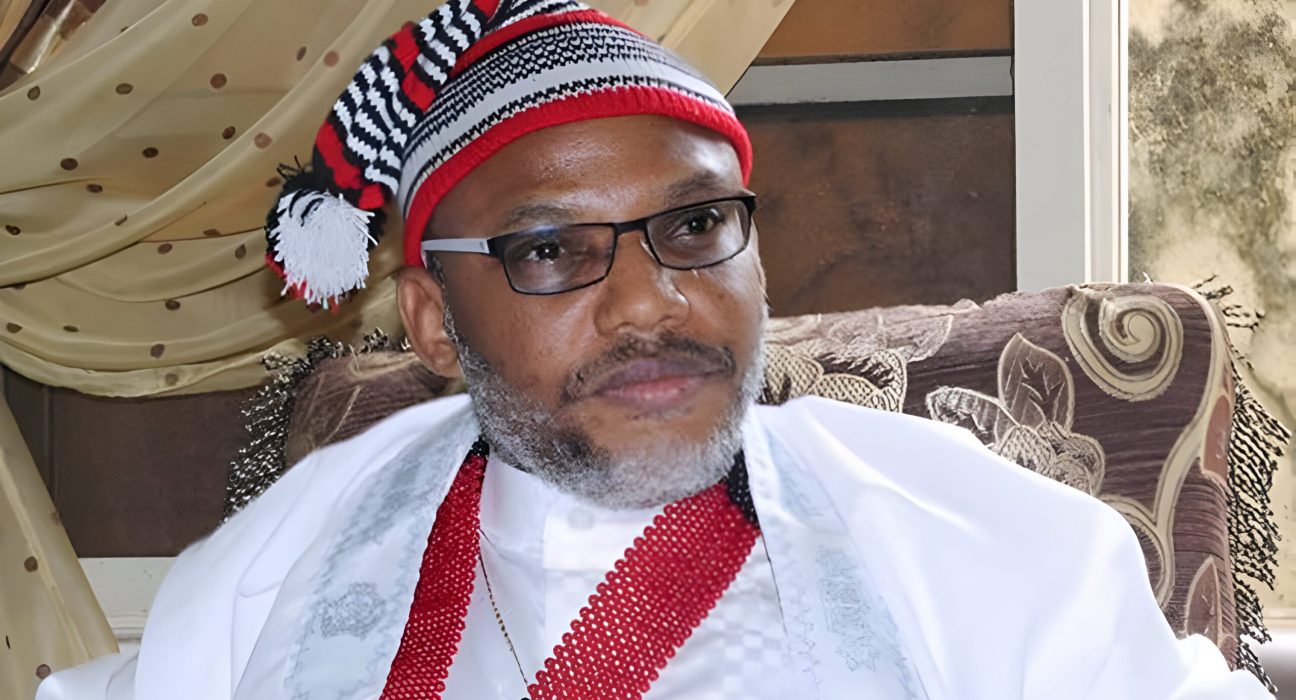Severe traffic congestion brought movement along the Kugbo–Nyanya Expressway to a standstill on Monday morning as a planned #FreeNnamdiKanuNow protest disrupted entry into the Federal Capital Territory. The demonstration, led by activist Omoyele Sowore, was organised to demand the release of Nnamdi Kanu, leader of the Indigenous People of Biafra (IPOB), who has been in detention since 2021 on terrorism-related charges.
According to multiple reports, protesters began gathering around 7 a.m. near the Transcorp Hilton Hotel and along Shehu Shagari Way, in defiance of police warnings and a Federal High Court order banning protests near sensitive government areas. Security operatives had cordoned off parts of the city centre ahead of the demonstration, leading to gridlock along major routes into the FCT, particularly the Abuja–Keffi highway and the Nyanya–Kugbo corridor.
Eyewitnesses and traffic reports confirmed that lanes were obstructed by parked vehicles and protest-related gatherings, causing severe delays for commuters coming from satellite towns such as Karu, Mararaba, and Masaka. The situation forced some motorists to abandon their vehicles, while others resorted to trekking long distances to reach their workplaces in the city.
In anticipation of the march toward the Presidential Villa, security agencies mounted checkpoints and roadblocks across several entry points into Abuja, including Area 1, Central Business District, and Maitama. However, the situation escalated when security operatives fired tear gas canisters to disperse protesters, including Sowore, who had assembled in smaller groups near the hotel. Witnesses said the tear gas was deployed even before the demonstrators gathered in large numbers, triggering panic and confusion in the area.
The protest caused widespread tension across the city, with residents and civil servants expressing frustration over the disruption to daily movement. Many commuters described the experience as “collective punishment,” criticising the authorities for creating unnecessary hardship for people not involved in the demonstration.
Despite the crackdown, Sowore and other activists maintained that the rally was peaceful and constitutionally protected, insisting that their demand for Nnamdi Kanu’s release remains a human rights issue. The incident has once again highlighted Abuja’s vulnerability to disruptions along the Nyanya–Kugbo corridor, which has historically faced gridlock during protests and heightened security operations.

